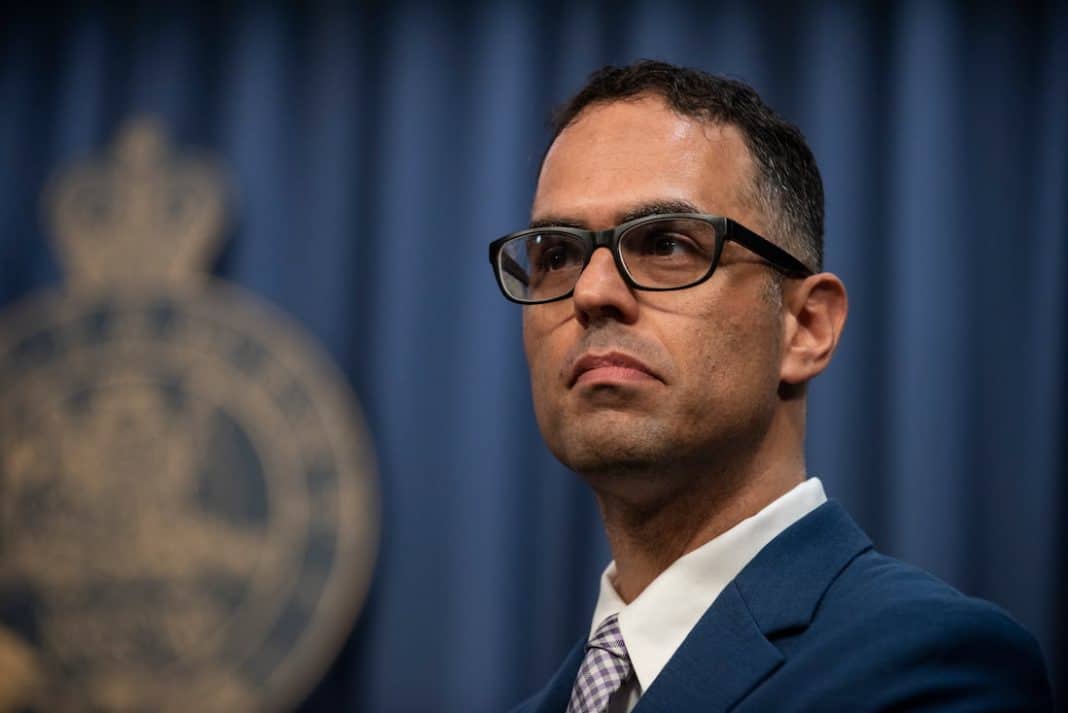NSW faces a $7 billion funding shortfall due to unfunded programs and “hard-to-avoid pressures” in the budget over the next four years, the state’s treasurer says.
Daniel Mookhey outlined the outlook after announcing the 2023/24 budget would be delayed by three months until September, as the government considered its options.
The Labor government, which swept to power nearly a month ago, will provide an economic statement to the parliament in June in the meantime.
A budget update provided before the March state election showed the state’s deficit would be $12 billion by the end of 2022/23 and $7.1 billion deficit in 2023/24 before a projected return to a small surplus in 2024/25.
But Mr Mookhey said after receiving Treasury briefings, the government inherited significant economic challenges, including unfunded government programs.
“NSW is now facing around $7b of additional hard-to-avoid pressures over the next four years,” he told reporters in Sydney on Monday.
Finance Minister Courtney Houssos will lead a budget review to examine numerous unaccounted costs, budget overruns and programs funded on a temporary basis.
“The comprehensive expenditure review that I will be leading will be assessing how the government will be spending its money,” she said.
“We must ensure that our valuable taxpayer dollars are being spent prudently and on the right priorities.”
Mr Mookhey said funding for 1112 temporary nurses hired by the previous government stopped from 2024/25 onwards, masked $380m of additional expenditure from the budget bottom line.
There was also a $700m shortfall in funds available for children in out-of-home care due to overruns.
A number of programs were unfunded, including the agency tasked with building the cyber resilience of all NSW government entities – Cyber Security NSW – which had no funding allocated for the final two financial years of the budget cycle.
High inflation and higher interest rates, coupled with NSW’s largest debt in history had dimmed the financial outlook.
“We face difficult choices ahead as we make sure the public’s money is spent on the public’s priorities,” Mr Mookhey said.
The treasurer was pressed on what the “tough choices” in the form of cuts might look like.
“We’re not here to announce cuts,” Mr Mookhey said.
“We’re going through the budget line by line.”
He maintained there would be no changes to the government’s commitments, nor would there be an increase in state borrowings.
The promise to give essential workers a pay rise of at least three per cent would stand.
Last week, the government ordered a major review of the Sydney Metro project after cost blowouts topped $20 billion.
Asked if a return to surplus in 2024/25 remained achievable, Mr Mookhey said that was Labor’s goal.
“But undoubtedly it’s much harder to achieve when you’re advised that there is around $7b of difficult-to-avoid pressures.”



